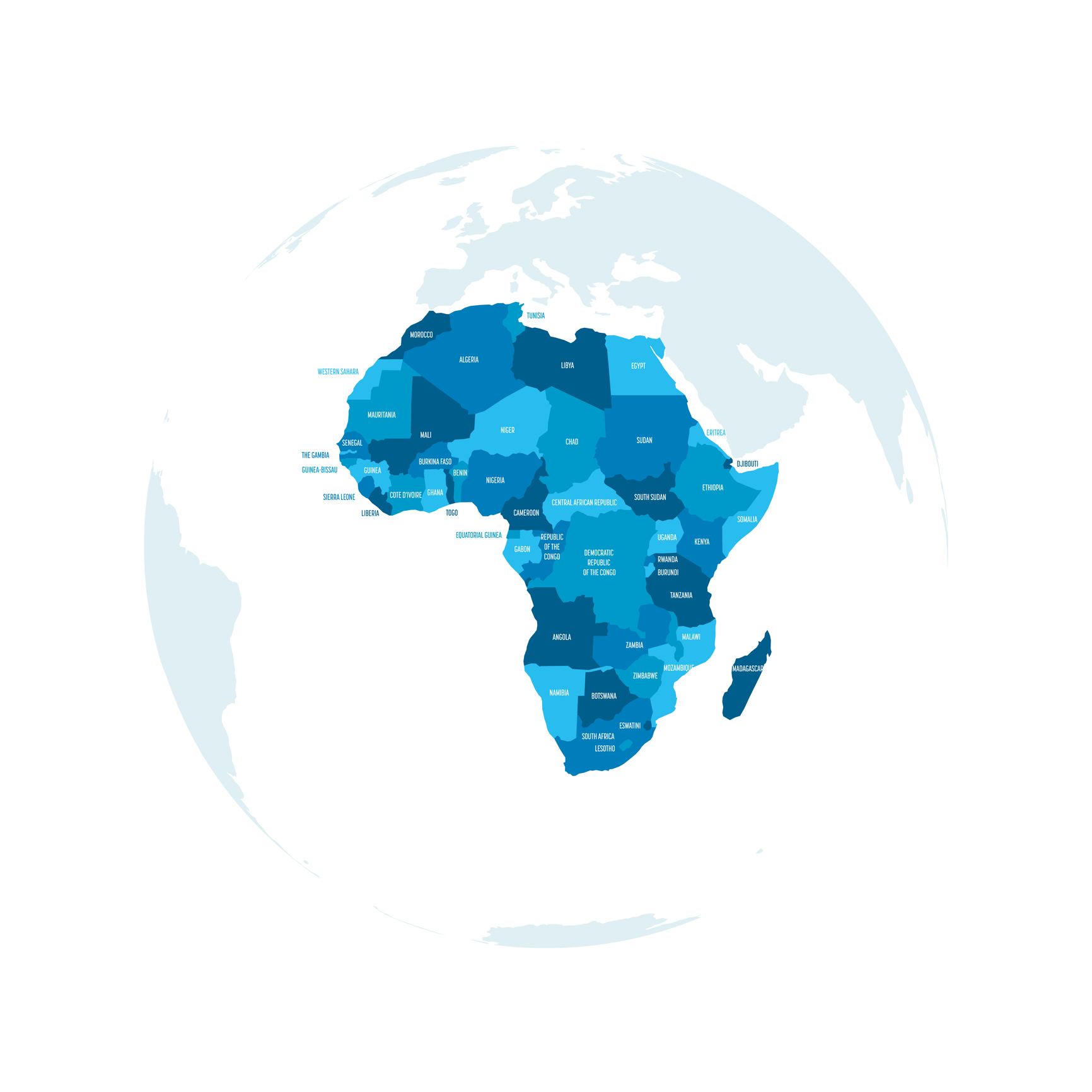2025/03/27
African Markets: Open New Paths to the Future through Locally Rooted Activities

On February 28, the Japanese government submitted to the Diet a bill to amend the Act on the Japan International Cooperation Agency (JICA). The amendment focuses on three key points: promoting the mobilization of private funds, strengthening cooperation with domestic and international partners, and enhancing the flexibility of JICA's financial sourcing and management. In particular, the amendment aims to encourage financing and investment from the private sector by JICA’s providing a certain level of credit for local projects, such as assuming the business risks of companies in developing countries and purchasing bonds.
There is no doubt about the growth potential of Africa, often referred to as the “last frontier.” According to the United Nations Department of Economic and Social Affairs, the economic growth rate in African nations is projected to reach 3.7% in 2025, which is certainly high compared to the global rate of 2.8% and Japan's rate of 1.0%. However, the figure may not seem as high as many of you expected. In fact, African investment stocks account for only 1.363 trillion dollars, or about 2.6% of the global outward foreign direct investment (FDI) stocks of 39.8529 trillion dollars (according to UNCTAD, in 2022). Africa's inherent risks related to drought, corruption, poverty, security, and extremism might discourage investment.
That aside, investment in the resources sector is notably active. Last month, Prime Minister Shigeru Ishiba invited President Hakainde Hichilema of the Republic of Zambia to Japan on an Official Working Visit. During his visit, the Japan-Zambia Investment Agreement was signed for the promotion of investment of the mineral resources sector. As everyone knows, Africa is the world's leading supplier of mineral resources, including lithium, cobalt, manganese, platinum, chromium, and diamonds. Correspondingly, Japanese companies, led by general trading companies, have been developing business relations in the resources sector. Needless to say, however, resources produced in Africa primarily serve to meet “external demand” and are not intended for domestic use.
It is estimated that Africa's population will exceed 2.5 billion in 2050, meaning that one out of every four people in the world will be African. The “last frontier” rests in the potential of domestic demand. In short, business sectors related to people's daily lives will have a high growth potential. In line with this perspective, on March 3, Yano Research Institute Ltd. co-hosted a business seminar with the Japan Philanthropic Association*1 under the title of “Latest Trends in the African Market: Exploring New Frontiers in Social Contribution and Business Led by Japanese Companies.” The underlying issues to be addressed are obvious: access to toilets, access to clean water, communication infrastructure, epidemic prevention, period poverty and education.... The point is to share the resulting benefits with the community people who live there and that will serve as a foundation for moving toward the future. In August this year, the 9th Tokyo International Conference on African Development (TICAD 9) will be held in Yokohama, Japan. Concurrently, public support for private-sector businesses is also being strengthened. Africa is not only rich in natural resources but also offers a treasure trove of opportunities for businesses and industries of all kinds. Yano Research Institute is enhancing consulting services for companies expanding into the African market*2. Please feel free to contact us for further information.
*1 the Japan Philanthropic Association (a public interest incorporated association)
https://www.philanthropy.or.jp/
*2 Click here for our consulting services to support overseas business expansion. https://www.yano.co.jp/consulting/kaigai.html
This Week’s Focus, 3.2 - 3.6
Takashi Mizukoshi, the President